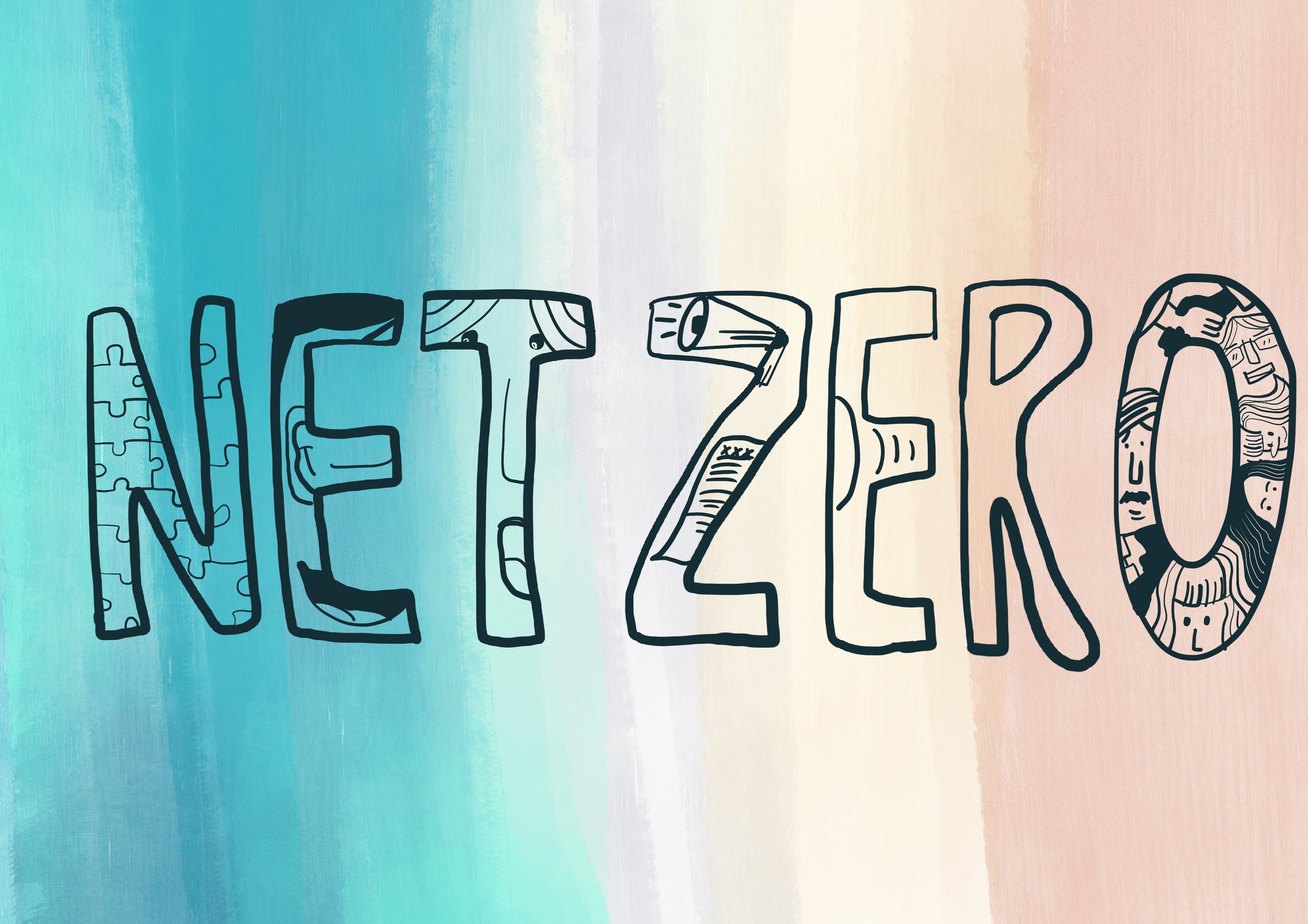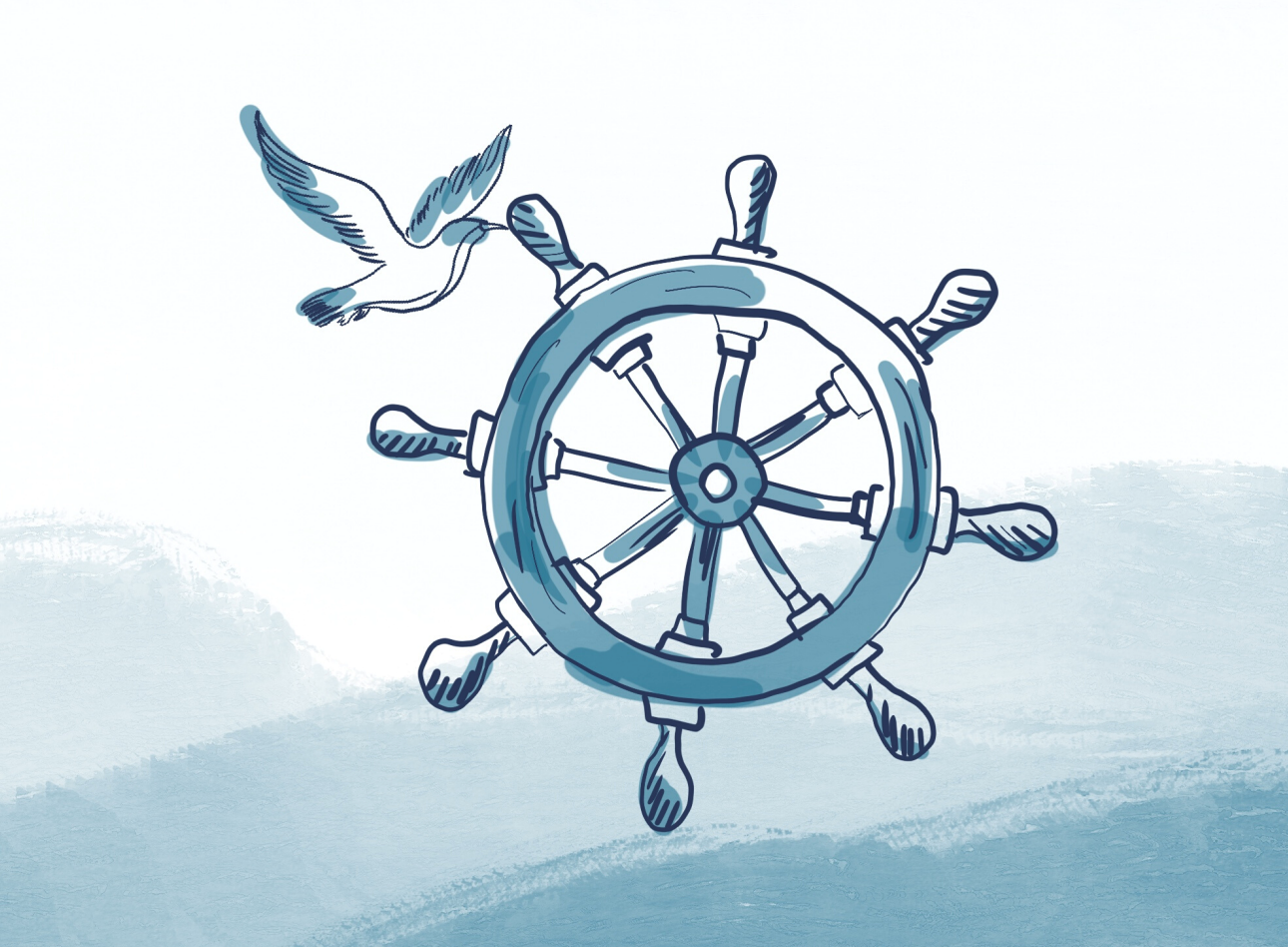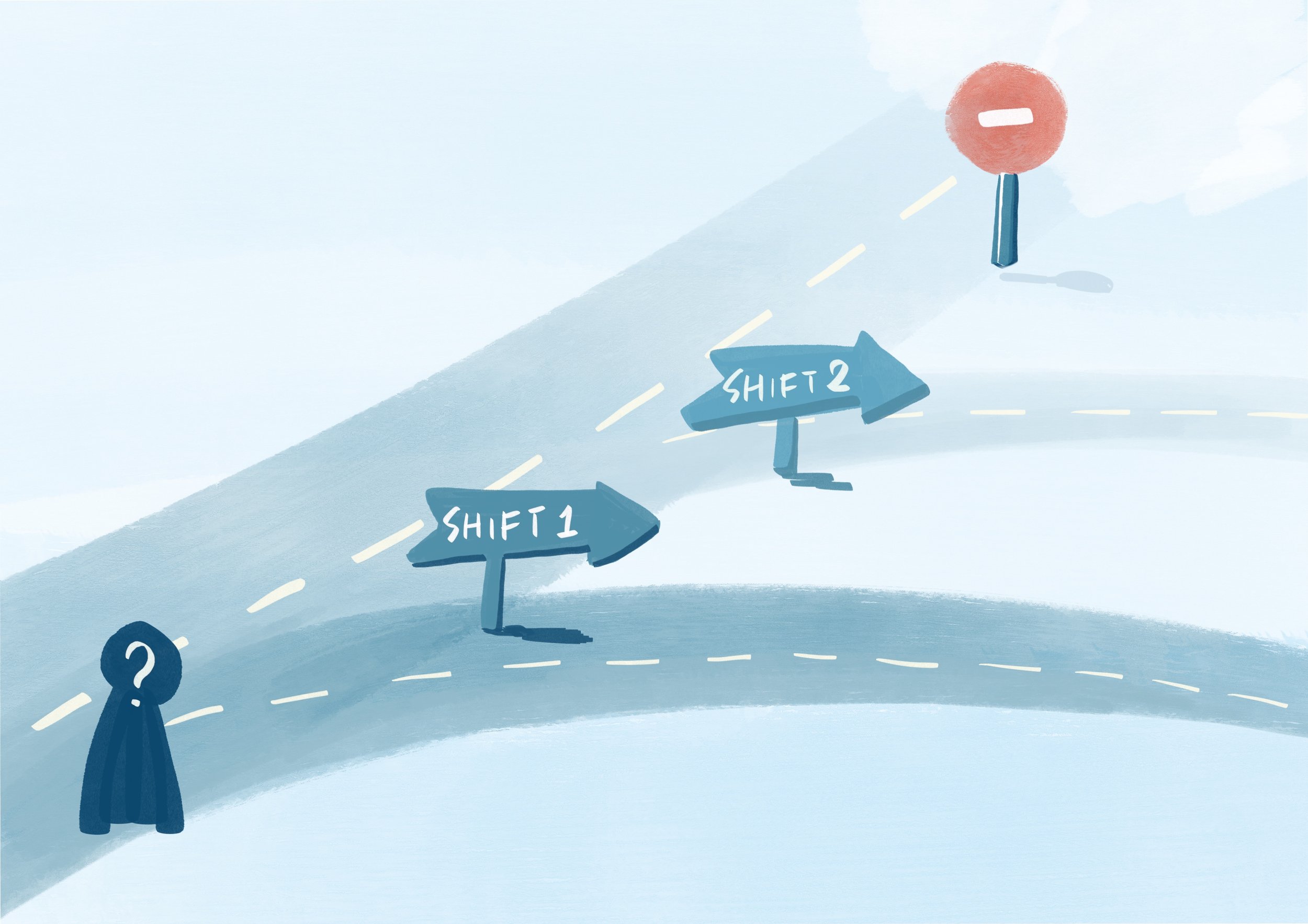.png)
The Good Transition Plan
Taking the transition to net zero from planning to practice.
Banking interfaces directly with the real economy and has the potential to accelerate the changes we will need to make in the years ahead to bring about a climate-safe world. To help banks set a course to the best version of a transition plan they can create, the Climate Safe Lending Network gathered input from a wide range of stakeholders to co-create The Good Transition Plan, launched in 2021 for COP26.
Since the publication of this strategy guide, there has been significant development of ideas and guidance for how a financial institution should prepare a transition plan. Whilst frameworks developed by international bodies are a key ingredient in the development of credible transition plans, getting to net zero is an evolving journey that requires banking institutions to respond effectively to challenges and opportunities encountered along the way. A credible transition plan, one that provides disclosure about strategy decisions that lead to climate outcomes, serves as a compass for charting the path ahead.
We believe the time has come for preparation – measurement, target-setting and transition planning – to be translated into real action. That means practical interventions which will drive significantly better outcomes for everyone. By leveraging the ideas, expertise and diverse perspectives of our multi-stakeholder network, we are supporting banks in navigating towards a net zero future in ways that are:
faster (helping their existing clients to transition)
further (developing innovations to support emerging climate solutions)
fairer (incorporating strategies that enable social justice and broader sustainability and wellbeing for all)
It is with this in mind that we’re pleased to provide a suite of free strategy tools, aligned with the GFANZ framework for financial institution transition plans, to help guide discussions and decisions within banks (and between banks and their stakeholders) for developing a Good Transition Plan — a living document that is continuously updated with observations and insights from interactions with clients and stakeholders, and perceptions of emerging developments within society and the economy.
Our Practical Guides to a Good Transition:
-
![]()
The Good Transition Plan Strategy Toolkit
The Good Transition Plan Strategy Toolkit (November 2022) is an easy-to-use slide deck that offers practical guidance for bank employees to put robust strategies in place for aligning lending with the goals of the Paris Climate Agreement and a just transition. The toolkit, which is aligned with GFANZ Recommendations and Guidance on Financial Institution Net-zero Transition Plans (November 2022), consists of eight modules, each with ideas and prompts, to help bank transition teams develop ambitious, compliant, and credible transition plans.
-
![]()
The Good Transition Plan - 2022 Addendum
The Good Transition Plan - 2022 Addendum (November 2022) summarises new developments in transition planning since the publication of The Good Transition Plan in October 2021. This short document also offers fresh perspectives and insights to help inform your bank's approach to transition planning. In it we deconstruct transition plans on the basis of providing disclosure about strategy decisions that lead to climate outcomes.
-
![]()
The Good Transition Plan 2021
The Good Transition Plan (October 2021) is a practical, actionable guide for banks to create effective climate transition plans. This comprehensive guide gathers the best thinking, emerging best practices, and stakeholder expectations from over 100 climate-finance experts and professionals from around the world. It presents a structured approach to net zero planning with practical insights from sustainable finance leaders, including bankers, investors, policymakers, civil society organisations, and academics on all the aspects that go into successful net zero transition planning.
-
![]()
The Pledge
A tool for bank transition teams, The Pledge is a multi-stakeholder simulation about bank climate targets. Players of this online game explore real life challenges and opportunities for financing the transition to a just, net zero economy. The Pledge enables participants to test the trade-offs and consequences of different choices in transition planning so that they come away with a better understanding of the barriers that prevent banks from adopting sustainable, Paris-aligned lending models.




